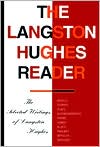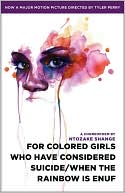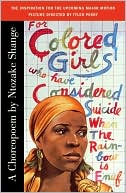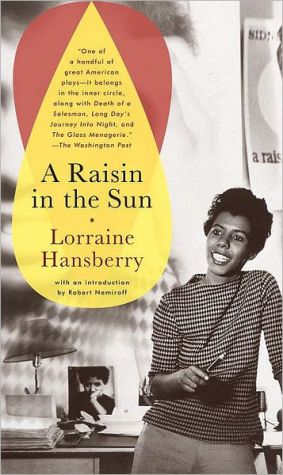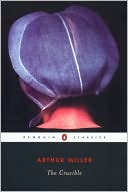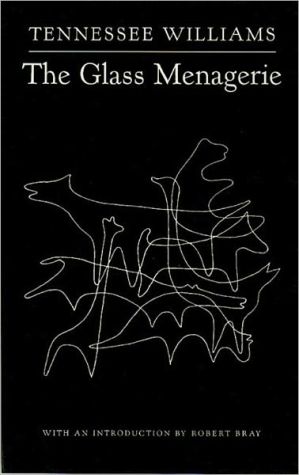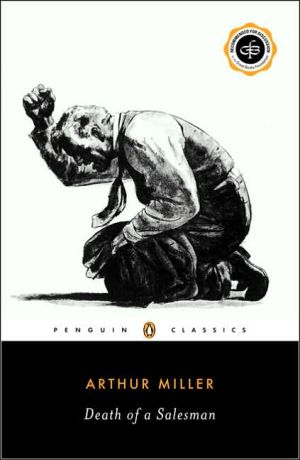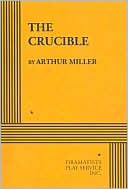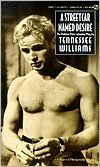The Langston Hughes Reader: The Selected Writings of Langston Hughes
This compilation of the writings of Langston Hughes is drawn from every category of his prodigious literary achievement. It combines highlights of the novels, stories, plays, poems, songs, and essays that have made him famous with many new writings that have never before been published in book form.\ Among the new selections are the complete libretto of his popular musical comedy Simply Heavenly, all of the text of his pageant The Glory of Negro History, a one-act play Soul Gone Home, and...
Search in google:
This compilation of the writings of Langston Hughes is drawn from every category of his prodigious literary achievement. It combines highlights of the novels, stories, plays, poems, songs, and essays that have made him famous with many new writings that have never before been published in book form.Among the new selections are the complete libretto of his popular musical comedy Simply Heavenly, all of the text of his pageant The Glory of Negro History, a one-act play Soul Gone Home, and many other stories, poems, and children's lyrics. There are generous portions of his autobiographies, The Big Sea and I Wonder as I Wander, and of the incomparable Simple trilogy: Simple Takes a Wife, Simple Speaks His Mind, and Simple Stakes a Claim.Langston Hughes is an unchallenged spokesman of African Americans. With art and wit, he has defined the place of Black Americans in all of the diverse forms of American literary expression. This comprehensive anthology is crowded from cover to cover with the characteristic scenes and sentiments that have established his commanding position in world literature.
Langston Hughes\ Before and Beyond Harle \ \ By Langston Hughes \ George Braziller\ Copyright © 1981 Langston Hughes\ All right reserved.\ ISBN: 0807600571 \ \ \ Chapter One\ The Weary Blues (1926)\ Countee Cullen\ Opportunity: A Journal of Negro Life, February 1926\ Here is a poet with whom to reckon, to experience, and here and there, with that apologetic feeling of presumption that should companion all criticism, to quarrel.\ What has always struck me most forcibly in reading Mr. Hughes' poems has been their utter spontaneity and expression of a unique personality. This feeling is intensified with the appearance of his work in concert between the covers of a book. It must be acknowledged at the outset that these poems are peculiarly Mr. Hughes' and no one's else. I cannot imagine his work as that of any other poet, not even of any poet of that particular group of which Mr. Hughes is a member. Of course, a microscopic assiduity might reveal derivation and influences, but these are weak undercurrents in the flow of Mr. Hughes' own talent. This poet represents a transcendently emancipated spirit among a class of young writers whose particular battle-cry is freedom. With the enthusiasm of a zealot, he pursues his way, scornful, in subject matter, in photography, and rhythmical treatment, of whateverobstructions time and tradition have placed before him. To him it is essential that he be himself Essential and commendable surely; yet the thought persists that some of these poems would have been better had Mr. Hughes held himself a bit in check. In his admirable introduction to the book, Carl Van Vechten says the poems have a highly deceptive air of spontaneous improvisation. I do not feel that the air is deceptive.\ If I have the least powers of prediction, the first section of this book, The Weary Blues, will be most admired, even if less from intrinsic poetic worth than because of its dissociation from the traditionally poetic. Never having been one to think all subjects and forms proper for poetic consideration, I regard these jazz poems as interlopers in the company of the truly beautiful poems in other sections of the book. They move along with the frenzy and electric heat of a Methodist or Baptist revival meeting, and affect me in much the same manner. The revival meeting excites me, cooling and flushing me with alternate chills and fevers of emotion; so do these poems. But when the storm is over, I wonder if the quiet way of communing is not more spiritual for the God-seeking heart; and in the light of reflection I wonder if jazz poems really belong to that dignified company, that select and austere circle of high literary expression which we call poetry. Surely, when in Negro Dancers Mr. Hughes says\ Me an' ma baby's\ Got two mo' ways,\ Two mo' ways to do de buck!\ he voices, in lyrical, thumb-at-nose fashion the happy careless attitude, akin to poetry, that is found in certain types. And certainly he achieves one of his loveliest lyrics in Young Singer. Thus I find myself straddling a fence. It needs only The Cat and The Saxaphone, however, to knock me over completely on the side of bewilderment, and incredulity. This creation is a tour de force of its kind, but is it a poem:\ EVERYBODY\ Half-pint,-\ Gin?\ No, make it\ LOVES MY BABY\ corn. You like\ don't you, honey?\ BUT MY BABY .............\ In the face of accomplished fact, I cannot say This will never do, but I feel that it ought never to have been done.\ But Mr. Hughes can be as fine and as polished as you like, etching his work in calm, quiet lyrics that linger and repeat themselves. Witness Sea Calm:\ How still,\ How strangely still\ The water is today.\ It is not good\ For water\ To be so still that way.\ Or take Suicide's Note:\ The Calm,\ Cool face of the river\ Asked me for a kiss.\ Then crown your admiration with Fantasy in Purple, this imperial swan-song that sounds like the requiem of a dying people:\ Beat the drums of tragedy for me,\ Beat the drums of tragedy and death.\ And let the choir sing a stormy song\ To drown the rattle of my dying breath.\ Beat the drums of tragedy for me,\ And let the white violins whir thin and slow,\ But blow one blaring trumpet note of sun\ To go with me to the darkness where I go.\ Mr. Hughes is a remarkable poet of the colorful; through all his verses the rainbow riots and dazzles, yet never wearies the eye, although at times it intrigues the brain into astonishment and exaggerated admiration when reading, say something like Caribbean Sunset:\ God having a hemorrhage,\ Blood coughed across the sky,\ Staining the dark sea red:\ That is sunset in the Caribbean.\ Taken as a group the selections in this book seem one-sided to me. They tend to hurl this poet into the gaping pit that lies before all Negro writers, in the confines of which they become racial artists instead of artists pure and simple. There is too much emphasis here on strictly Negro themes; and this is probably an added reason for my coldness toward the jazz poems - they seem to set a too definite limit upon an already limited field.\ Dull books cause no schisms, raise no dissensions, create no parties. Much will be said of The Weary Blues because it is a definite achievement, and because Mr. Hughes, in his own way, with a first book that cannot be dismissed as merely promising, has arrived.\ Jessie Faucet\ The Crisis: A Record of the Darker Races, March 1926\ Very perfect is the memory of my first literary acquaintance with Langston Hughes. In the unforgettable days when we were publishing The Brownies' Book we had already appreciated a charming fragile conceit which read:\ Out of the dust of dreams,\ Fairies weave their garments;\ Out of the purple and rose of old memories,\ They make purple wings.\ No wonder we find them such marvelous things.\ \ \ Continues... \ \ \ \ Excerpted from Langston Hughes by Langston Hughes Copyright © 1981 by Langston Hughes. Excerpted by permission.\ All rights reserved. No part of this excerpt may be reproduced or reprinted without permission in writing from the publisher.\ Excerpts are provided by Dial-A-Book Inc. solely for the personal use of visitors to this web site. \ \
